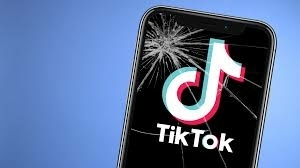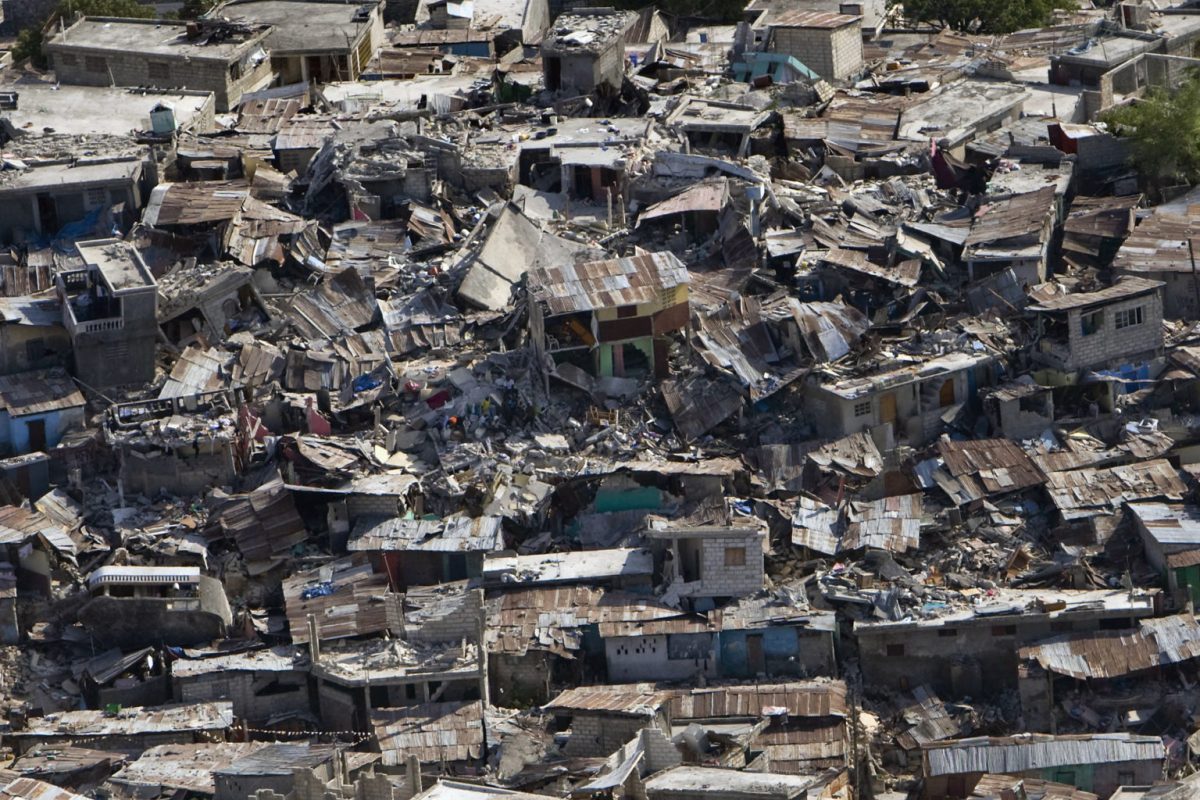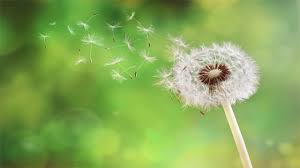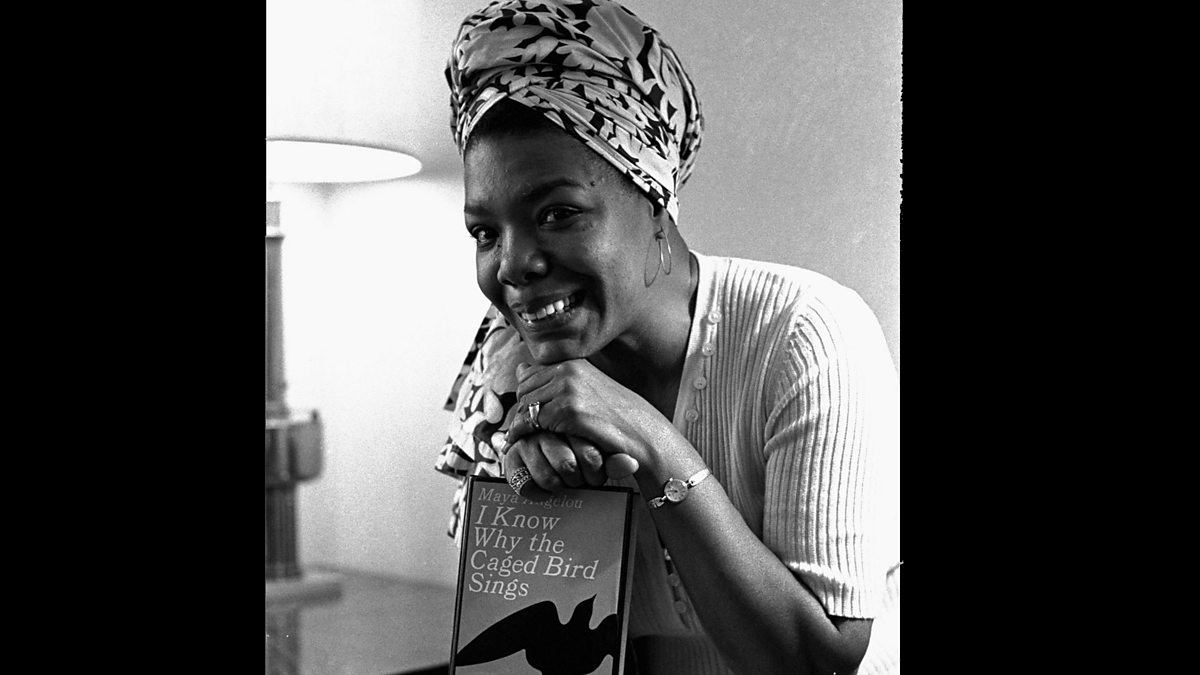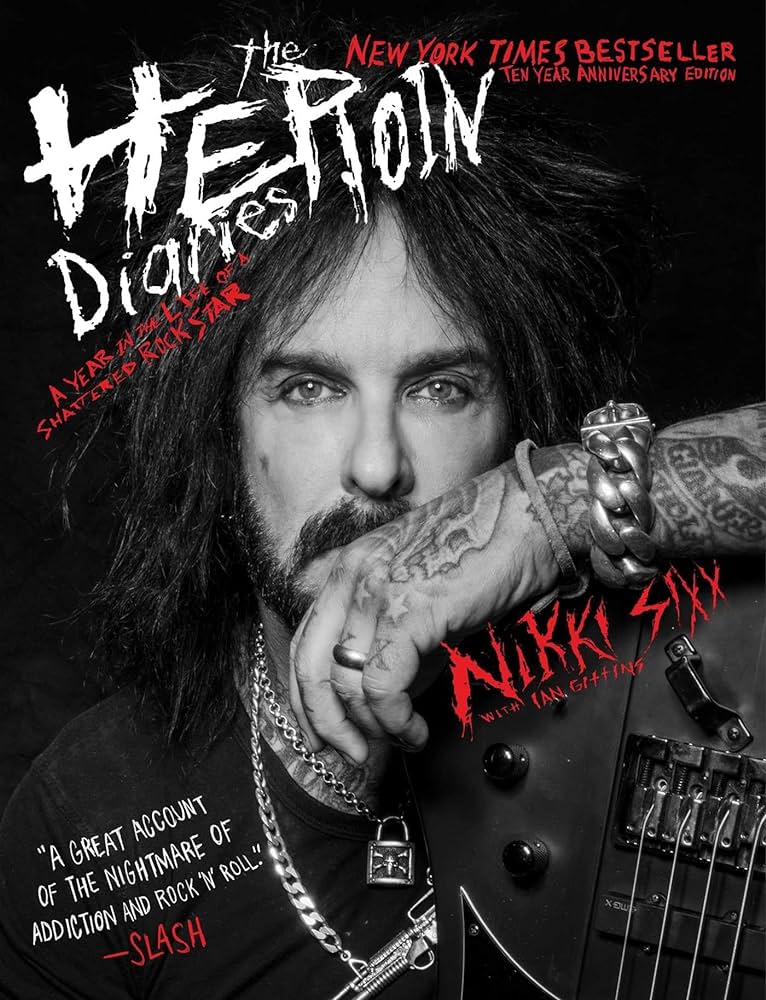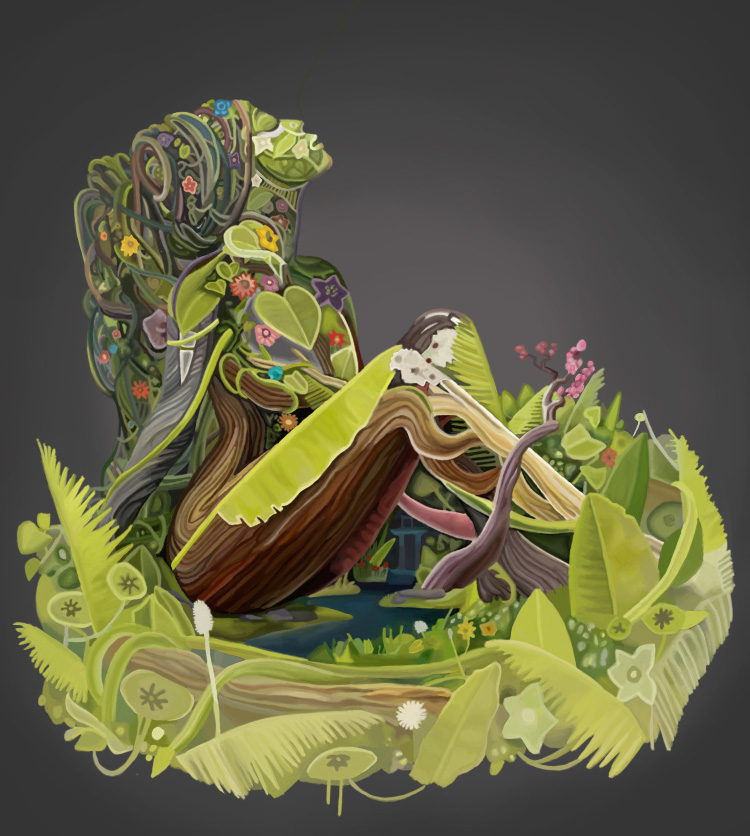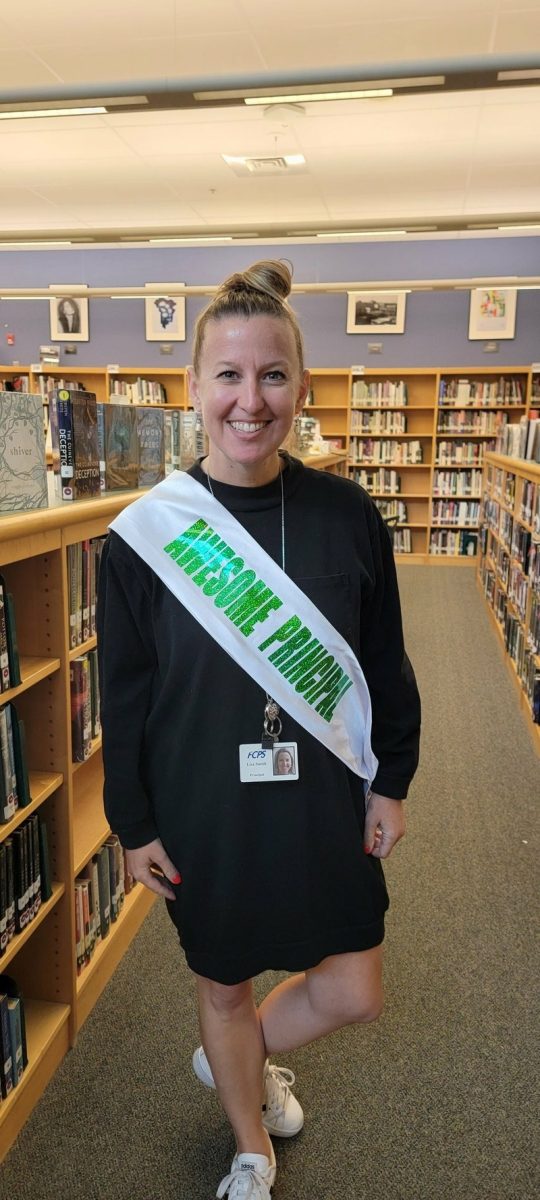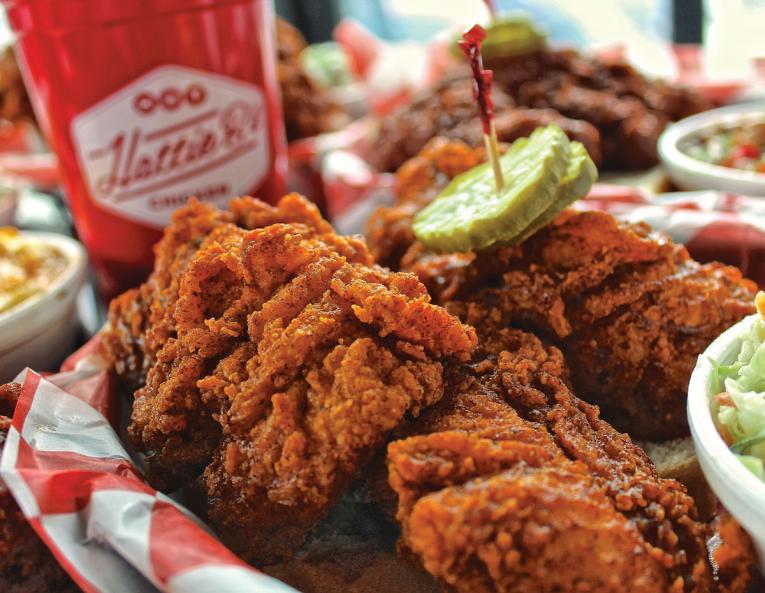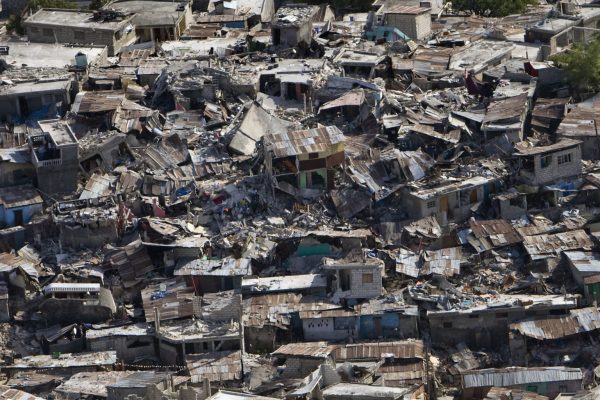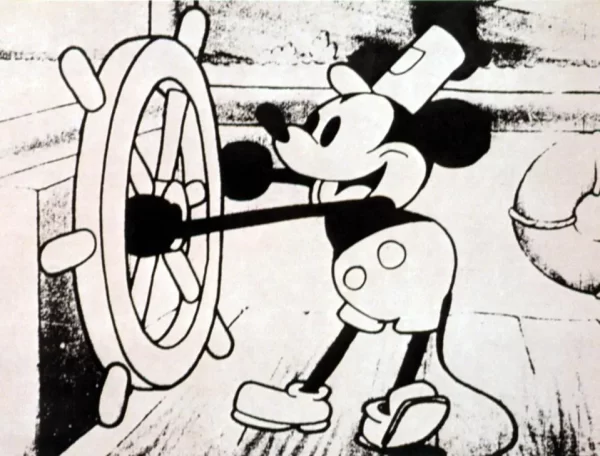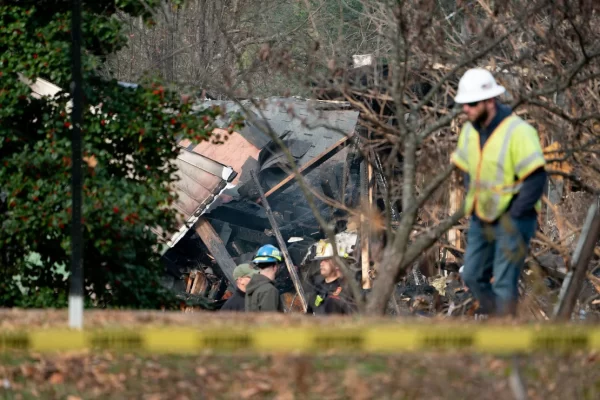Bees: The Buzz We Really Need

October 6, 2016
Recently, in Hawaii, several species of bees have been classified by the Xerces Society as endangered (1). This is a mix of good news and bad news. The bad news is obviously that the bee population is experiencing a noticeable decline, but the good news is that now they’re on the endangered species list, more people will start to become aware of how important these creatures are. So, the real question is, why are bees so important and what can we do to help increase the number of the species?
So, firstly, why are bees important? To start, they are excellent pollinators. Bees pollinate about 70 of around 100 crop species that feed 90% of the world’s population (2).Pollination is essential to the reproduction and blossoming of plants, meaning if plants can’t reproduce they can’t blossom and vice versa (3). When pollen grains go from a male plant to a female, the male gametes need to go to the female gametes in order to reproduce and pollinate. If these plants are not properly pollinated practically half, (or even more than half), of the world’s population would die from starvation. No crops equals no food, and lack of food equals higher prices for produce.
Second, what is causing these bees to die out, and what can we do to help? Unfortunately, one thing that is a bit out of our hands is disease and parasites. Pathogens that are carried by different mites and parasites that cause the bees to be weaker towards different pesticides, and inversely if they are weakened by pesticides then they are more susceptible to disease (4). We can control however the use of pesticides and the preserving of rural land. Bees are very vulnerable to pesticides, obviously, and they are even more vulnerable to specific varieties of pesticides, like neonicotinoids, so reducing the use or putting a halt to it completely will greatly benefit the species (4). As for preserving land, bees need a lush green landscape filled with weeds and flowers for food, so as more land becomes urbanized the specie’s habitat is ultimately destroyed (4). So, in order to preserve bees, we have to cut down on the use of pesticides as well as urban expansion.
Right now, the saving of bees should be the number one priority of species preservation. They may seem small, but they play a very big part in food production, and they are the hard workers we need in order for our own species to thrive.
Sources:
(2): http://www.bbc.com/future/story/20140502-what-if-bees-went-extinct
(3): https://simple.wikipedia.org/wiki/Pollination
(4): https://www.nrdc.org/stories/buzz-about-colony-collapse-disorder?gclid=CNvS1b37w88CFU4eaAodOX4FHg
Picture: https://en.wikipedia.org/wiki/Bee
